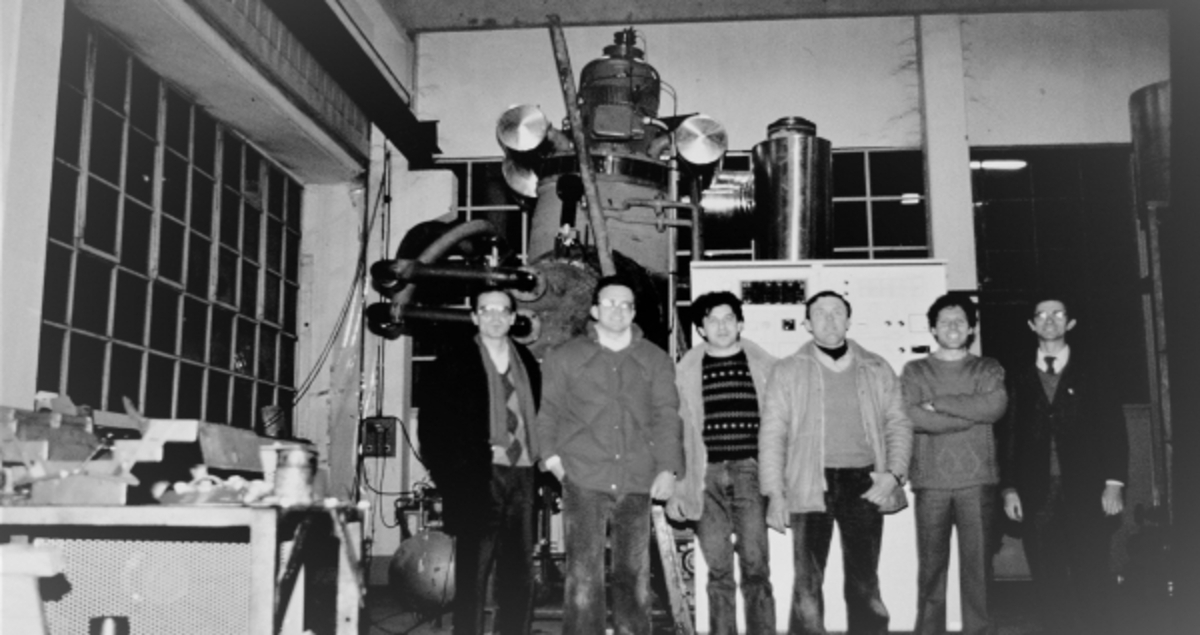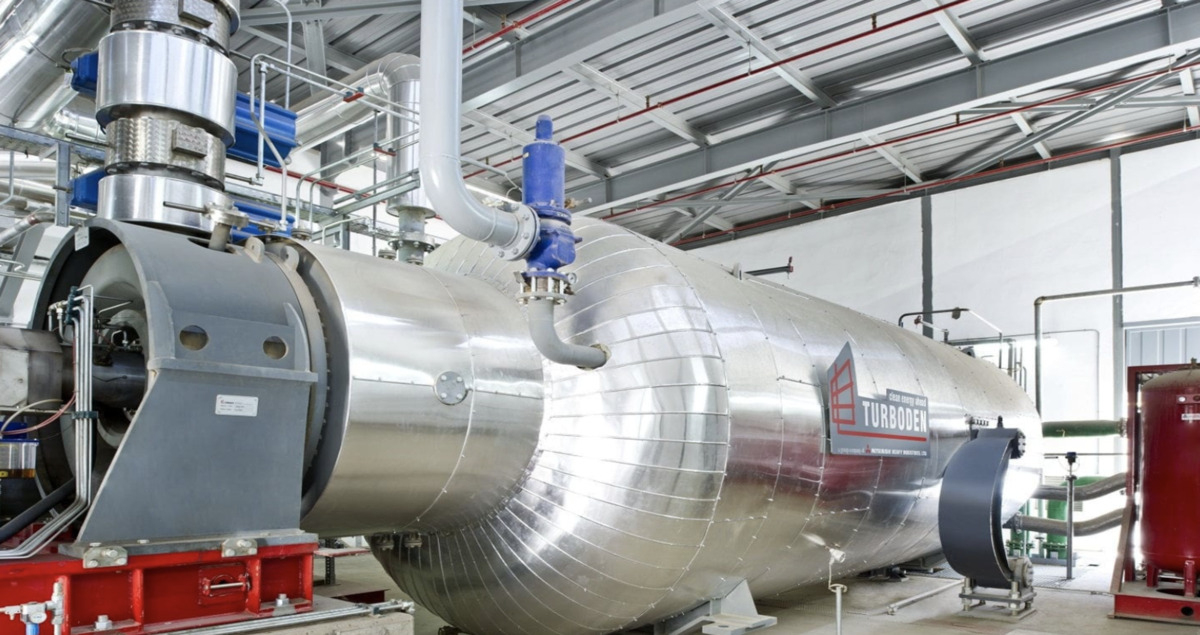Advice for young engineers: Failure is a good teacher

Engineer, researcher, entrepreneur and businessman: Mario Gaia is all of these and more.
As a graduate he joined the research team of Professor Gianfranco Angelino at Politecnico di Milano, investigating Organic Rankine Cycle (ORC) thermodynamics and design. ORC systems generate electric and thermal power from multiple sources, including renewables, traditional fuels, and waste heat from industrial processes, waste incinerators, engines, or gas turbines.
This pioneering research set his future career path, leading him to found Turboden in 1980, a company which became part of Mitsubishi Heavy Industries Group in 2013. As Turboden turns 40, Gaia looks back at what he has learned during an engineering career spanning more than half a century: its successes, failures and moments of inspiration.
Q. What are the most important skills and qualities for a successful career in engineering, and for building a successful engineering company?
Companies grow through fostering creativity and innovation; attributes which help good engineers to succeed and which are at the heart of Turboden’s continued development. In the field of engineering, technical excellence provides the bedrock which allows creative, enterprising people to flourish.
Turboden’s history is essentially a story of young people, who share a common spirit and give the best of themselves, each in their own unique way.
Whether a new recruit or an old hand, engineers need to feel part of a team where all colleagues, junior and senior, are valued and share common goals. This sounds simple, but it involves everybody working to build a company culture that creates opportunities to suggest solutions, be creative, and get involved.
Q. Which teaches you more – success or failure?
It’s easier to learn from successes than failures. The latter is more painful, but both are valid. Success is encouraging, it stimulates analysis and knowledge, which often supports new thinking and novel ways of doing things.
On the other hand, failure generates fear and makes you question the validity of what you are doing. It requires you to take full responsibility for mistakes and be honest with yourself about them, and that’s not easy. When someone fails, it can be both a tough lesson and a good teacher, provided you are prepared to learn from the experience.

Q. What led you to found an engineering company based on a new way of generating energy?
Throughout my career I have followed my instincts and let curiosity be the mother of invention.
Companies grow through fostering creativity and innovation; attributes which help good engineers to succeed and which are at the heart of Turboden’s continued development.
As a young student, I wondered what would be the effect of using a different fluid in steam engines. Many years later, after joining the research group of Professor Gianfranco Angelino at Politecnico di Milano, we discovered the answer.
With the help of the professor and other friends from university, I designed some small ORC machines. My father found space for me in his gemstone cutting workshop, and I spent long hours developing and building these unique systems.
Further experiments led to ORC turbines of increasing power, until in 1980, the engineer turned entrepreneur. Investing my own savings, and supported by friends, family and university colleagues, a small startup came to life and has been innovating and growing ever since.

Q. Starting a business is full of challenges. When did you realize the company would be a success?
Like any new business, finance was a major challenge at the start. Building experimental ORC machines is an expensive business, but with the help of friends we got through the early hardships.
Looking back, the turning point for Turboden was the decision to target high temperature ORC systems, which could be adapted to utilize biomass as a heat source. Early success supplying a 300 kW ORC system to the Swiss Army in 1997 was followed by about a hundred more biomass-fed systems in the next few years, and the business took off from there.
Our unique system gave non-utility customers a reliable and easy-to-operate way of converting heat to electricity. Collaborating on a reciprocal trust basis, with engineering companies and boiler manufacturers who were in charge of other parts of our clients’ plants, has certainly been instrumental to Turboden’s growth.
Q. How should companies encourage creativity and innovation among their young engineers?
Turboden’s history is essentially a story of young people, who share a common spirit and give the best of themselves, each in their own unique way. Successful collaboration is based on trust and respect, which is an essential part of helping young engineers innovate and devise creative solutions.
I think a central tenet of our success has been employing, encouraging, and valuing people whose creativity, skill and commitment continues to drive the company forward.
Read more expert advice for young engineers




